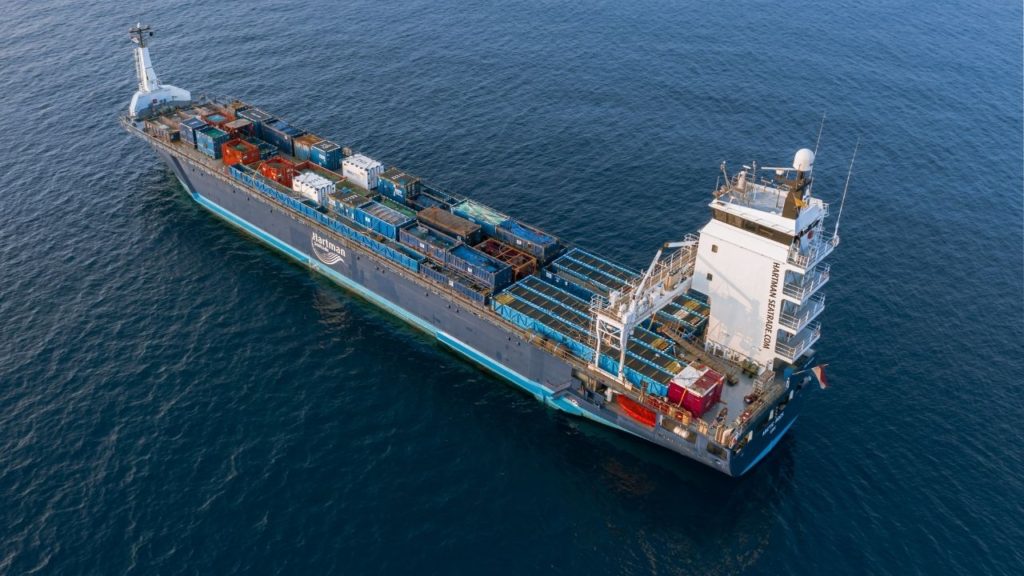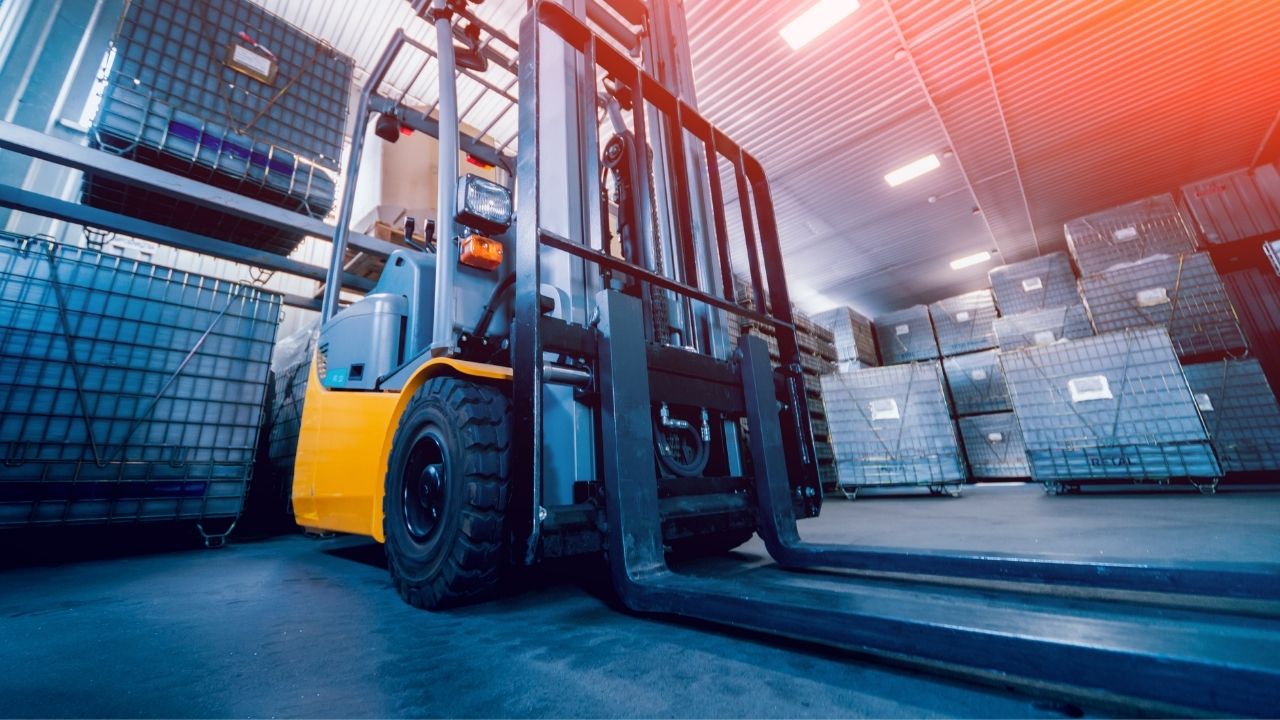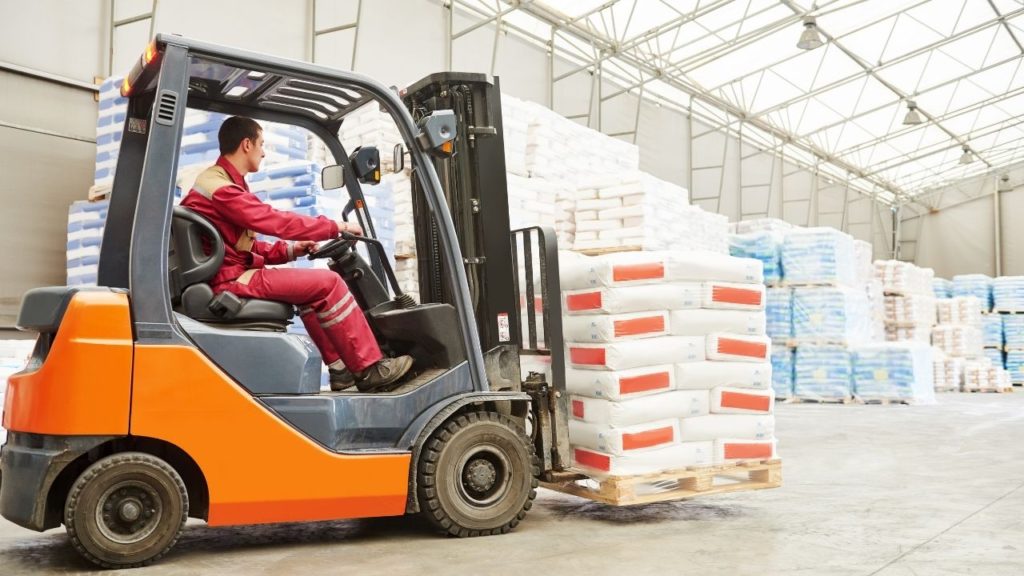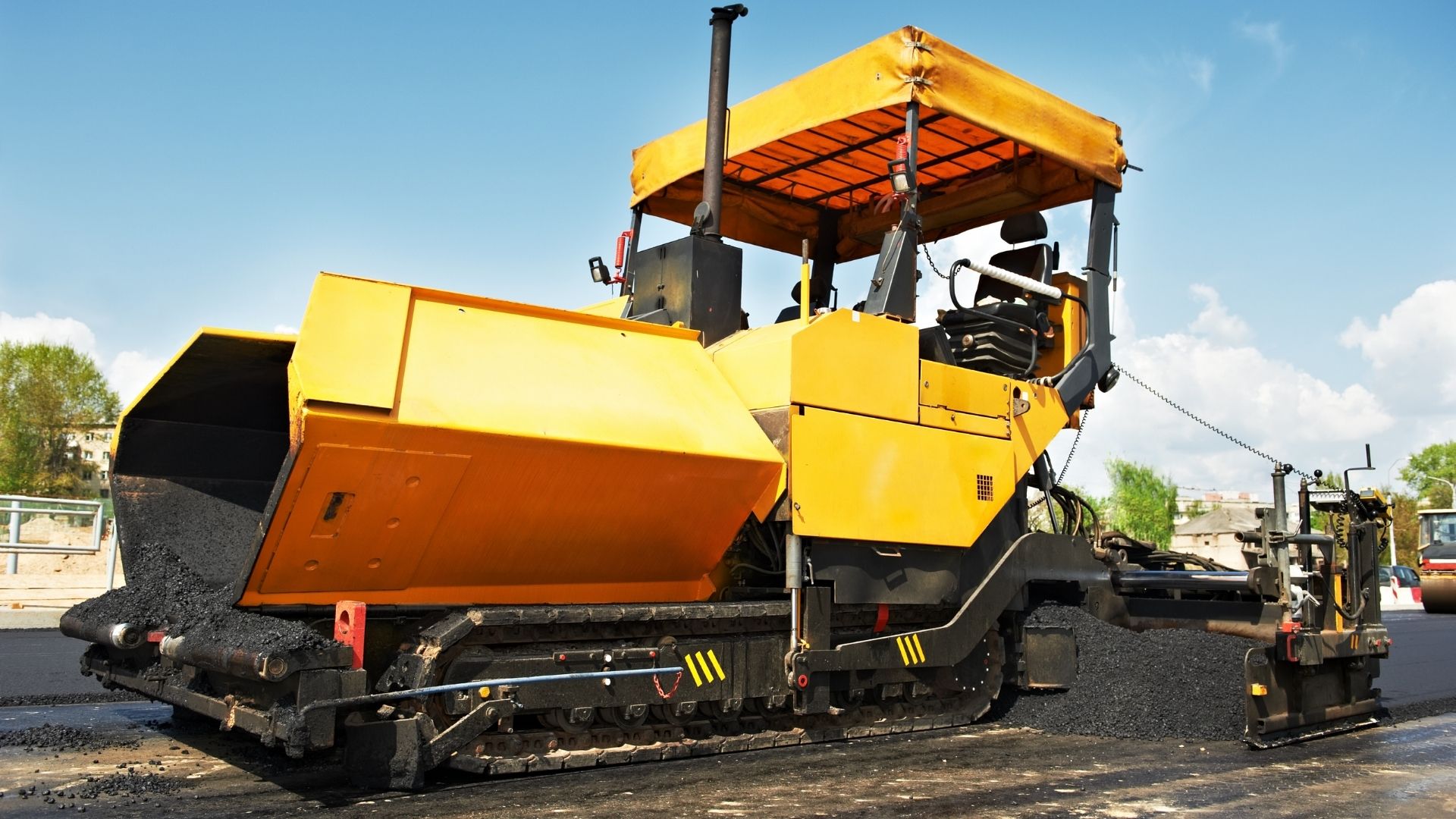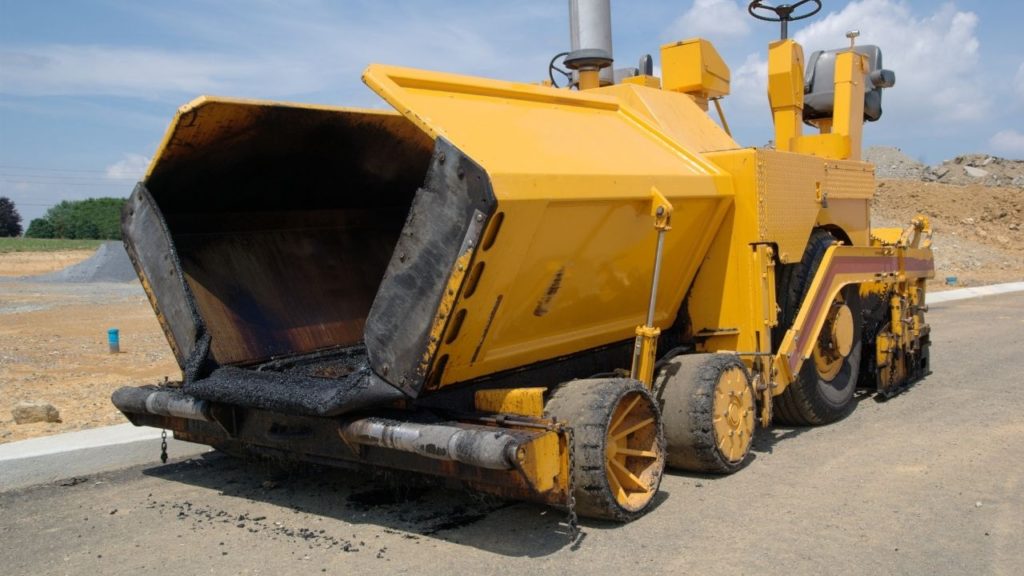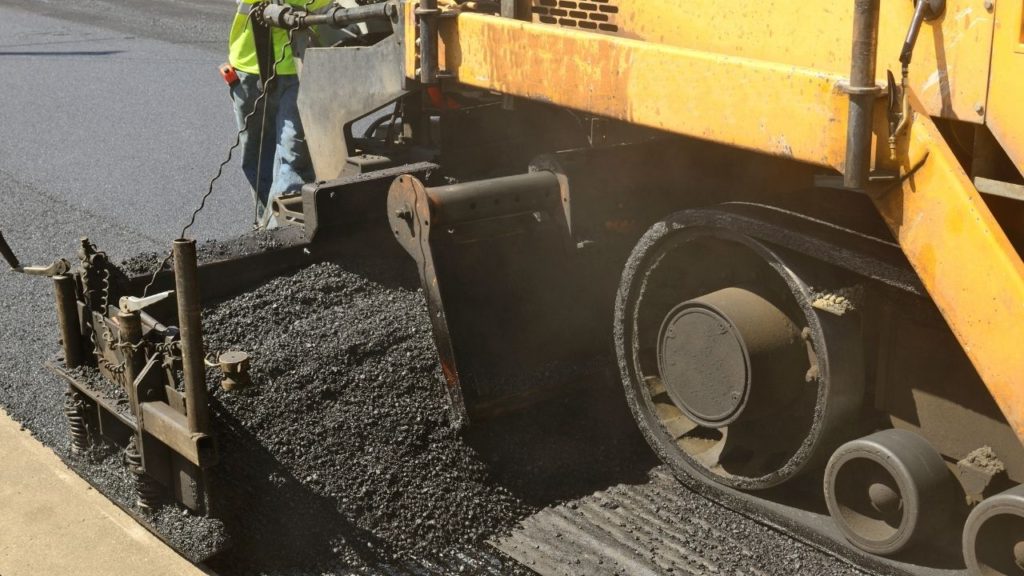It’s smart to get coverage on something as soon as you can
When you first buy machinery, it can be easy to forget to get it insured because it isn’t going to have many problems for you to deal with. But, in case there is a situation that causes you to run into problems, you’re going to want to know that you have insurance that will help you in case of a problem. So, as soon as you buy a piece of machinery you’re going to want to look into getting insurance for it just to be sure it’s protected.
Know the Hidden Charges

There are going to be some fees sometimes that come with having insurance. If you want to get top-of-the-line coverage, then you’re going to generally have to invest some money into your plan on a regular basis. To see if getting insurance is worth it, you’re going to want to see what it’s going to cost you to repair a machine if it were to have any problems. That way, you can see what it roughly costs to deal with problems and you can get a plan in place that is going to be worth the money in the end.
Learn About the Coverage Plan
You’re going to want to learn about a few of the coverage plans that you’re able to get help through depending on what they cover. There are going to be some options that only help you if a certain situation happens and there will be some that will help in the event of any kind of problem. You want to get a plan in place that can help with situations that are likely to turn up for you. Even if you’re careful, something could go wrong so it’s good to have a plan in place that keeps your machines safe.
Always make it a point to find out more about an insurance provider so you can get a feel for what it’s going to be like to work with their team. If you run into a problem of some kind or have a question, then you need to know what you can do to get into touch with someone that can help you in your particular situation as soon as possible. One way to make sure they’re good at what they do is to contact them with just a simple question to see how they respond.
Check Reviews
See if there are any reviews that were written about the insurance plan you’re thinking of investing in. You want to know if others had any issues with it at all so you can see whether it’s going to be worth your time and money to work with. If many reviews say that something is just not worth it, then it’s wise to listen to them so you don’t run into the same problems yourself in the near future. It’s generally best to always go with whatever company has the best overall reputation just so you know they are good at what they do.
Learn About their Policies

Insurance companies are going to change as time goes on so it’s good to learn about their policies on a regular basis. If something changes, you need to know about it so that you can know what you’re able to do to keep getting benefits from what they have to offer. Don’t just assume that you know all about them if you haven’t looked into what they’re about in recent years. They may change for the better which is good to know about because that will mean that they can do even more for you than they have been recently.
An insurance company is going to need proof that you’re going to have to fix a machine so they can pay for the process for you. Don’t just get a repair done without keeping records because if you can’t prove what you need to prove to the insurance company, they may not cover your repair which could be a pain if you were expecting them to be able to assist you. Always contact them if you’re not sure what to do because they can walk you through how you can get them to cover any problems that occur.
When you’re able to get machinery insurance, it’s going to protect your investment in many different ways. Make it a point to get coverage on machines any time you can. That way, if you run into a problem with what you have, it can be quickly and effectively taken care of.





